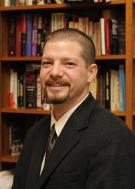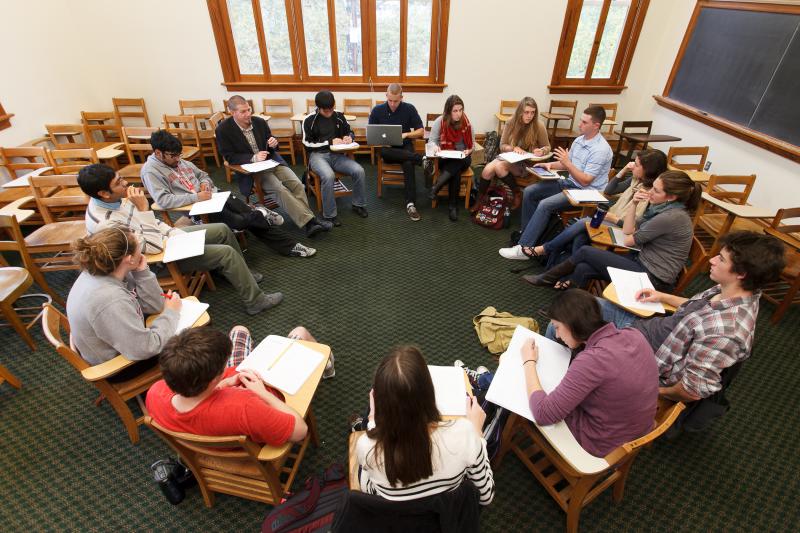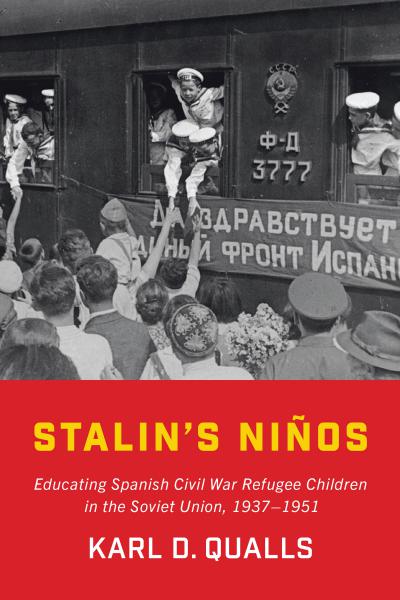
Karl D. Qualls
Professor of History, Dickinson College
When did you first develop an interest in Slavic, East European and Eurasian Studies?
In middle school during the “evil empire” age I began following foreign policy, reading about socialism, and getting hooked on Russian literature. I entered college as a Russian and political science major but realized how much I loved history later. I abandoned political science for history with three semesters left in college after realizing it was the one discipline that allowed me to discuss culture, economics, politics, philosophy, and everything else. In grad school at Georgetown, Richard Stites encouraged me to pursue the culture angle which I did by training as an urban historian and studying the nexus among architecture/monuments/city planning, society, and government.
What support have you received throughout your career (from ASEEES / other societies / federal support / etc.) that has allowed you to advance your scholarship?
ASEEES provides me with the intellectual stimulation I need. I don’t have graduate students. My conversations at ASEEES get me to think more broadly about my teaching and research and make connections that may not have been apparent to me at first glance. IREX, NCEEER, the Getty Foundation, Library of Congress, Kenan Institute, and others have provided the material resources needed to conduct research in numerous countries, resources that my liberal arts institution cannot provide.
What is your current research/work project?
After publishing Stalin’s Niños: Educating Spanish Civil War Refugee Children in the Soviet Union, 1937–1951 last year, I have landed between several projects. One is to compare the experiences of child refugees from the Spanish Civil War in the USSR and UK. A longer-term project for a broader audience is to look at modern state practices in the 1930s, comparing authoritarian and democratic regimes. Finally, I am about to embark on an oral history course to collect testimonies of Bosniak refugees in my local community. Whether I turn that into a larger piece of print scholarship is still to be decided.

ASEEES conferences have been essential to my career. Exchanging ideas with colleagues in all stages of their careers is truly exciting. Early on I had the benefit of receiving feedback by people like Sheila Fitzpatrick, Ron Suny, Larry Holmes, and more. Now at mid-career, I get the most satisfaction from discussing papers with newer colleagues, suggesting new pathways, encouraging their unique perspectives, and making introductions for them to others in the field who can be helpful.
How do you envision your current research projects(s) within the broader field of SEEES?
I was trained as a Russianist, but am now moving in more transnational directions. I look forward to the day when I go to other conferences and am no longer the exotic other having to explain that there is a great diversity of experiences in Eastern Europe and Eurasia.
Besides your professional work, what other interests and/or hobbies do you enjoy?
Reading obviously, but I also enjoy cycling, playing bass guitar, and trying to be a good father of two. I love being in nature, hiking, and taking photographs. Fortunately, I live just off the Appalachian trail, so nature is all around.
